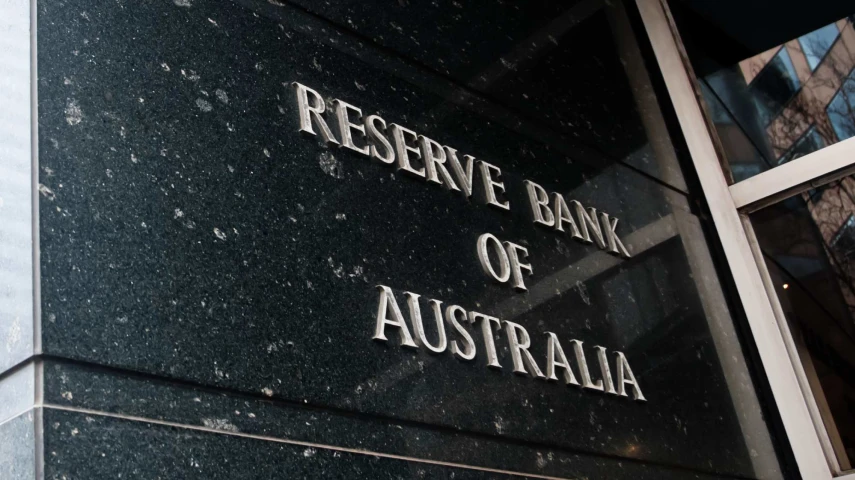RBA pay causes staff dismay



RBA staff are in dispute with the central bank over working conditions including pay increases and higher super contributions.
A statement from the Finance Sector Union (FSU) said members will reject an Enterprise Agreement from the RBA that would “see them cop a pay cut in real terms and put them at the bottom of the ladder for pay and working conditions in the finance industry”.
The bank has offered a pay rise of 4 per cent in 2023, 3.5 per cent in 2024 and 3 per cent in 2025.
This is despite the bank hiking interest rates to 4.1 per cent, with further to come, and annual CPI inflation sitting at 6 per cent in the June quarter.
FSU national secretary, Julia Angrisano, said: “This agreement would put RBA staff at the absolute bottom rung of the ladder in terms of pay and conditions when compared to our colleagues at NAB, ANZ, Bendigo Bank, Hostplus and Teachers Mutual Bank Limited.
“The Bank has also rejected enshrining vital working conditions into the agreement, including work-from-home provisions, an increase to super contributions, uncapped gender affirmation leave, and much more.
“RBA staff have made it abundantly clear that this is totally unacceptable to them, and will be voting a strong no at the upcoming ballot.”
The FSU intends to seek a bargaining offer from the Fair Work Commission.
A spokesperson for the RBA told Money Management the organisation had no comment.
However, speaking in the Standing Committee on Economics on 11 August, RBA governor Phil Lowe said the offer is in line with the average pay increase of Australians.
Lowe said: "The offer that we're making to our staff is similar to the average pay increase of Australians. The average wage increase this year will be roughly 4 per cent. That's our forecast. That's what we're offering to our staff. We're also offering some improvement in some selected benefits.
"So I think that's fair and it's reasonable, and we'll put that to our staff fairly soon. But remember, 4 per cent is the average increase across the country. That's what we're offering to our staff—not more than the average Australian but not less either."
Earlier this year, an independent review of the RBA included a section on how the RBA interacts with its staff with four focus areas to work on. These include empowered staff in a dynamic organisation, stronger leadership capability to optimise performance, constructive challenges and openness to diverse views, and enhanced use of technical skills and research capability.
It also noted the staff have a “very strong sense of pride and attachment” to the organisation which is reflected in a high-quality work output.
However, the downside to this is the lack of openness to external ideas and avoidance of issues.
“Examples at the RBA include that strong commitment to the organisation can breed a lack of openness to external ideas. Collegiality can lead to avoidance of difficult discussions to resolve issues. Respect for and deference to senior leaders can result in a lack of challenge. Commitment to excellence can result in risk aversion that limits delegation and empowerment of junior staff members.
“The RBA has a hierarchical culture which can slow down decision making, limit sensible delegation and lead to some staff members feeling disempowered.”
Recommended for you
Trustee and fund administration platform MSC Group has promoted Shelley Brown as its chief operations officer, having successfully completed the integration of the Certane Corporate Trust business.
Australian Unity’s group managing director and chief executive has announced his plans to retire at the end of the year after two decades leading the company.
TAL has appointed a senior manager for investment strategy and portfolio management who joins from a lead role at AIA.
Global wealth management platform FNZ has appointed a new group head of APAC, while boutique investment manager TWC Invest welcomes a chief technology officer.
















"Uncapped" gender affirmation leave?
That sounds like an interesting concept. :)